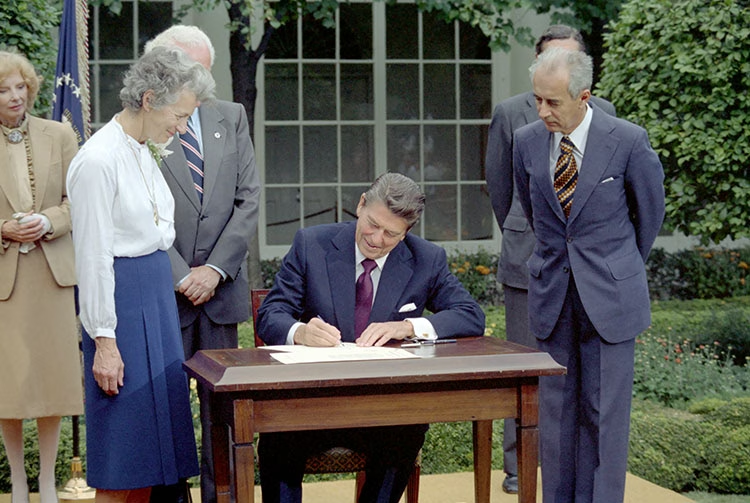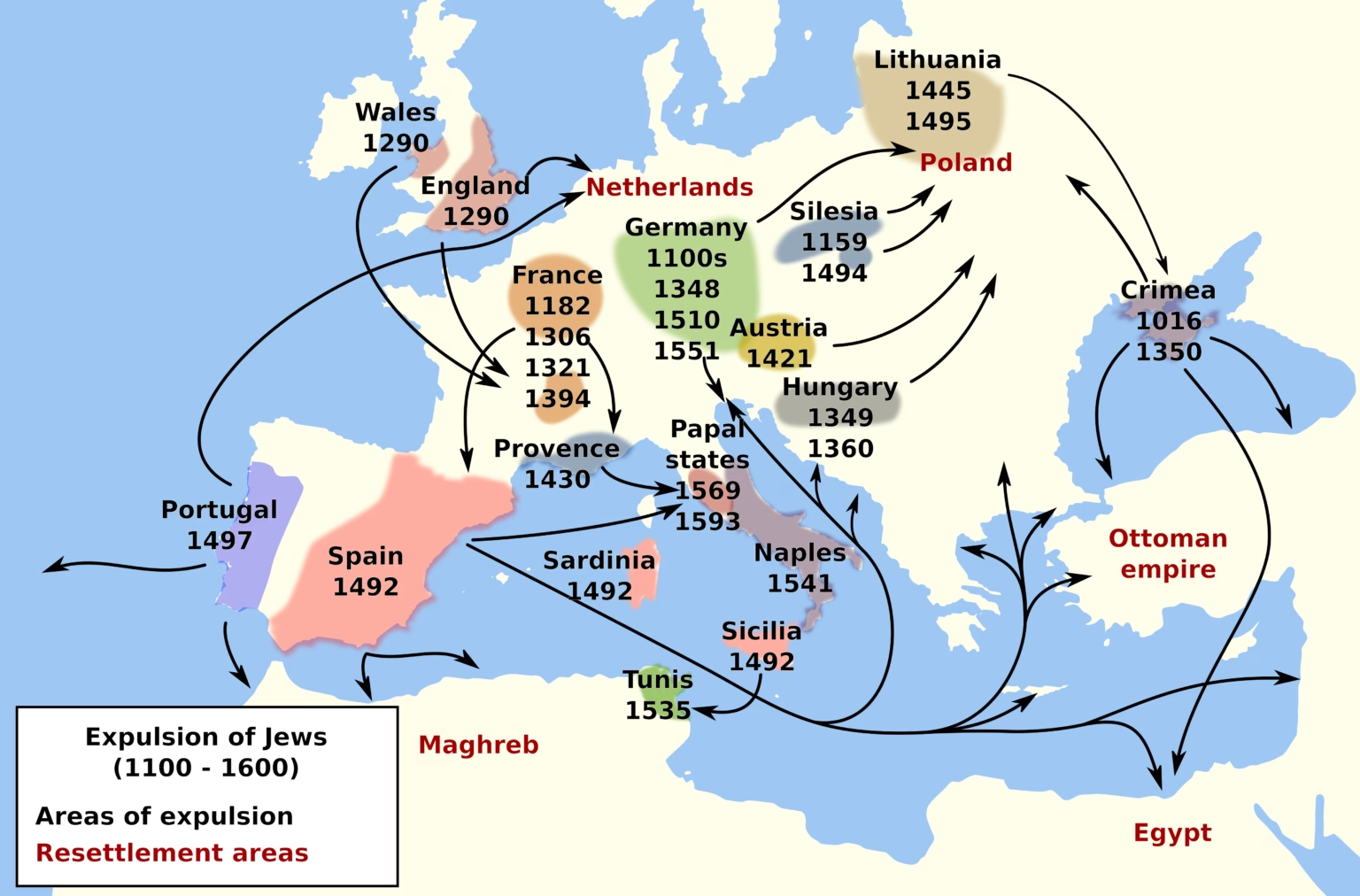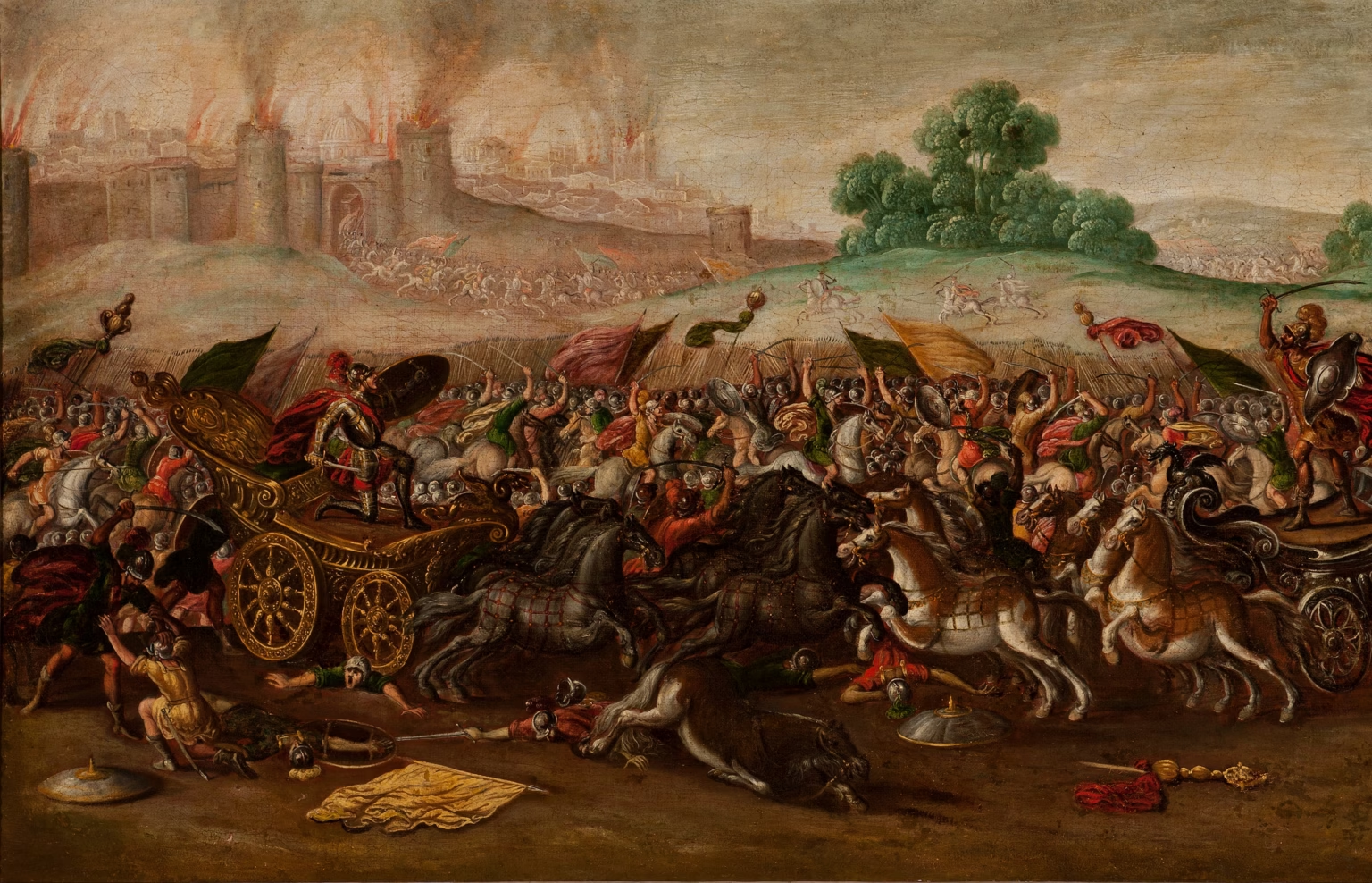Raoul Wallenberg on Kristersson and Trump’s desk?
In an open letter to Prime Minister Ulf Kristersson, Raoul Wallenberg’s nieces recently demanded that Sweden open its archives on Raoul Wallenberg and answer the question of why the Swedish Foreign Ministry deliberately abandoned their diplomat. At the same time, the United States is now being asked to open its archives and to clarify what happened to its honoured citizen.

In the picture, the Swedish diplomat’s siblings Nina Lagergren and Guy von Dardel watch President Ronald Reagan sign a law making Raoul Wallenberg an honorary American citizen in October 1981. Photo: Reagan Presidential Library
The nieces Marie Dupuy and Louise von Dardel argue in their letter that the Ministry of Foreign Affairs (MFA) has signalled over the years that it is primarily interested in getting rid of the ‘problem’ and removing the Raoul Wallenberg case from the Swedish-Russian agenda.
They note that the MFA’s repeated claims that only 230 pages are still classified hide the fact that the MFA’s Raoul Wallenberg file is far from complete, reinforcing misconceptions about how the documentation of the case is organised:
‘Only a limited part is stored in the official case file at the Ministry. Thousands of documents are stored in various collections in the Ministry’s archives and in other Swedish archives,’ the nieces continue, arguing that neither researchers, Raoul Wallenberg’s family nor the general public thus have a clear idea of which documents are in which archive, exactly how many records are involved and which documents are inaccessible.
‘Moreover, highly relevant documents on Raoul Wallenberg have never been registered or archived at all,’ they continue, citing top-level Swedish-Russian discussions from November 2009 about the sensational claim that Raoul Wallenberg was identical to a numbered prisoner (Prisoner No. 7) who was interrogated six days AFTER Wallenberg’s official date of death (17 July 1947).
The documents of these conversations were never recorded in the Foreign Office archives and a separate memo containing the most important information that had emerged in the Wallenberg case since 1945 was immediately classified. It was a cipher fax from the Swedish Embassy in Moscow to the Ministry of Foreign Affairs in Stockholm, dated 19 October 2011, in which a senior FSB officer, Colonel Vladimir K. Vinogradov, informed Swedish officials that it was ‘certain and totjno’ – a fact – that Raoul Wallenberg was interrogated on 23 July 1947.
Gas pipeline more important
‘Why didn’t Swedish representatives push more vigorously for more information on these sensational facts in 2009?’ ask Marie Dupuy and Louise von Dardel, noting that the Swedish government instead prioritised the approval of the Russian Nord Stream I gas pipeline in the Baltic Sea.
‘In two meetings in 2009-2010 with Russian President Vladimir Medvedev and then-Prime Minister Vladmir Putin, neither Foreign Minister Carl Bildt nor Prime Minister Fredrik Reinfeldt bothered to bring up this crucial information about Wallenberg that had emerged just a few months earlier,’ they write.
The Swedish government’s focus for the centenary of Raoul Wallenberg’s birth in 2012, which was formally led by Carl Bildt personally, thereafter almost exclusively emphasised his legacy as a Holocaust hero. The question of his fate was barely mentioned, despite a real chance to press the Russian authorities for further information as the world’s attention turned to the case.
‘The rapidly growing economic ties between Sweden and Russia once again took precedence,’ the nieces note, describing how Swedish-Russian trade relations took precedence over Raoul Wallenberg even when he was deliberately abandoned and left to his fate in 1946.
‘This happened despite the fact that the then Soviet leader Josef Stalin signalled a desire to normalise relations with Sweden and Swedish officials had relatively clear indications that Wallenberg was alive and imprisoned in the Soviet Union,’ write Marie Dupuy and Louise von Dardel.
Russian credit was prioritised
‘In 1946, Sweden prioritised a major Swedish-Russian credit and trade agreement and made at least three formal requests for the Soviets to declare Raoul Wallenberg dead. Even after the trade agreement was successfully finalised in late 1946, Swedish officials did not bother to raise the issue of Wallenberg’s fate with Soviet officials. Eighty years later, the motives behind this decision are still hard to understand,’ they continue.
As early as March 1947, their grandmother, Wallenberg’s mother Maj von Dardel, was so upset by the State Department’s inaction that she went to the State Department office and demanded to know why Swedish officials assumed her son was no longer alive, in the absence of clear evidence. She described the official handling of her son’s case as ‘cold-blooded’.
The nieces also point out that all Swedish investigations into Raoul Wallenberg have been heavily scrutinised, with important information misrepresented or omitted. The government has failed to provide access to key documentation to researchers and Wallenberg’s family, they say, adding:
‘Moreover, almost all information about top diplomats Sverker Åström and Rolf Sohlman, ambassador to Moscow (1947-63), remains secret in Swedish archives. Not even partially censored documents can be released. Both played a central role in the official handling of the Wallenberg case for decades and were suspected of doing the Soviet Union’s bidding,’ they write.
Russian credit was prioritised
American lawyer Jason Ian Poiblete, an expert in national security law and international law, recalled in late April the promise made when President Ronald Reagan made Swedish citizen Raoul Wallenberg an honorary US citizen on 10 May 1981. The congressional bill signed into law required the President to ‘take all possible steps to ascertain from the Soviet Union the whereabouts of Raoul Wallenberg and to secure his return to freedom.’
At the signing, President Reagan said of Raoul Wallenberg: ‘In making him an American citizen, I believe we are the ones being honoured… Wherever he is, his humanity burns like a torch.’
‘To honour the promise made by Reagan in 1981, President Trump should declassify the remaining US archives on Raoul Wallenberg’ wrote Jason Ian Poiblete on his blog, justifying why US policymakers should care about Wallenberg today?
‘Because friendship, gratitude, and moral clarity matter… The Wallenberg case (is) a reminder of how we should promote basic individual rights – through action and principle, not bureaucracy and branding… Wallenberg acted at great personal risk because he believed in the dignity of the human person and the promise of freedom – the very ideals America proclaims to defend. For that, America made him an honoured citizen. We owe him more than just remembrance. We owe him and his family the truth.
Now that Sweden and the United States are NATO allies and closer than ever, it is time to complete the task. If the United States has any remaining records on Wallenberg’s fate, the next administration should declassify and release them – honouring the promise made by Congress and President Reagan in 1981.
Releasing these records would not only honour the memory of Raoul Wallenberg. It would confirm to the world that America remains a nation committed to truth, loyalty and gratitude – no matter how long it takes. For Raoul Wallenberg, for all those lost, and for those still fighting today, we must keep the torch burning.’


